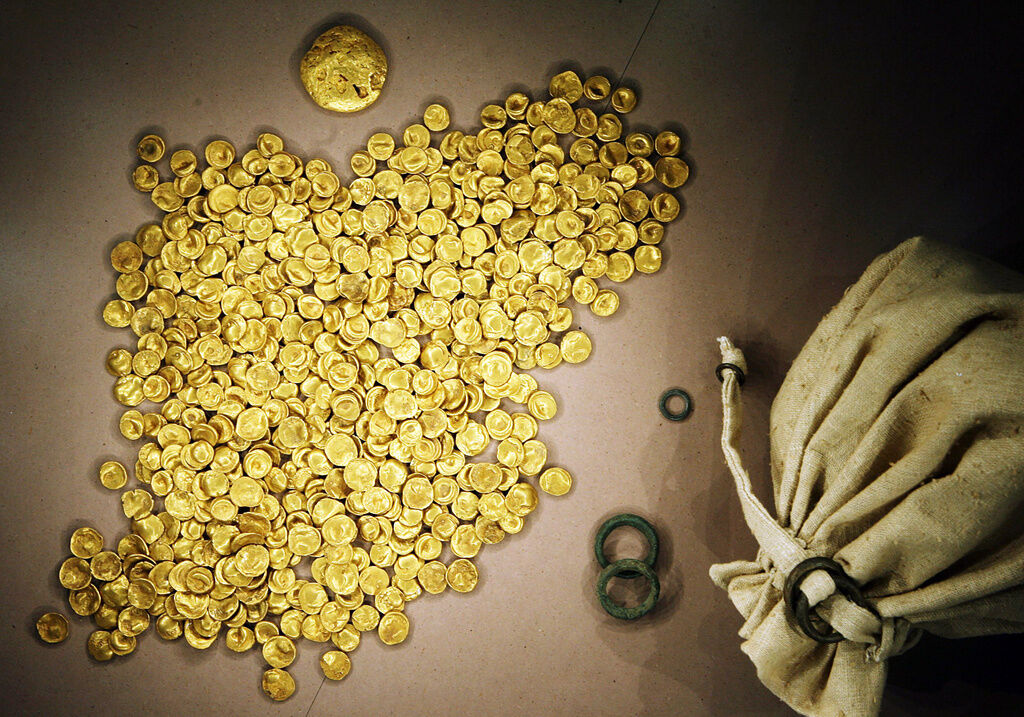Four suspects arrested over grand theft of ancient Celtic gold coins in Germany worth over 60 million baht

In a significant operation in Germany that buzzed the archaeological sphere, four suspects tied to the grand theft of ancient Celtic gold coins from a museum in Manching, Bavaria were arrested recently. The treasure trove, a more than 2000 year old cache, consisted of hundreds of coins valued at about 1.6 million euros or over 60 million baht. The audacious heist took place in November last year.
Joachim Herrmann, a minister in the Bavarian Interior Ministry, revealed that the arrests were made during a raid conducted in the Mecklenburg-Vorpommern state on July 18. Further, police executed search warrants across multiple states, signalling the prospect of further investigation.
The Celtic gold coins displayed in the Manching Museum were found during an archaeological dig back in 1999. This was indeed regarded as one of the most significant discoveries of Celtic gold coins in the 20th century. The precious coins have been showcased in the Manching Museum since 2006.
Investigations suggest that the culprits tampered with the museum’s security system prior to the intrusion. Cable cuts were spotted in the vicinity, leading to wide-scale power disruption. This essentially disabled the alarm system, allowing the thieves to break in undetected. Moreover, the entire operation was executed in less than 10 minutes, reported the BBC.
Police are exploring a possible connection between this robbery and the substantial theft of 100 kilograms of gold coins from a museum in Berlin, dating back to 2017. Similar suspicions are being raised for a separate burglary two years on when an estimated 21 priceless items were stolen from the Green Vault museum in Dresden, the capital of eastern Germany’s Saxony state.
On November 23, 2022, the Celtic and Roman Museum in Manching, southern Germany, was pictured with a broken window. The Bavarian State Criminal Police Office announced yesterday, in Munich that an arrest and search operation had taken place in northern Germany’s Mecklenburg-Western Pomerania.
As this intricate investigation unfolds, authorities are committed to piecing together the details of this audacious crime to draw its ultimate conclusion.
Latest Thailand News
Follow The Thaiger on Google News:


























